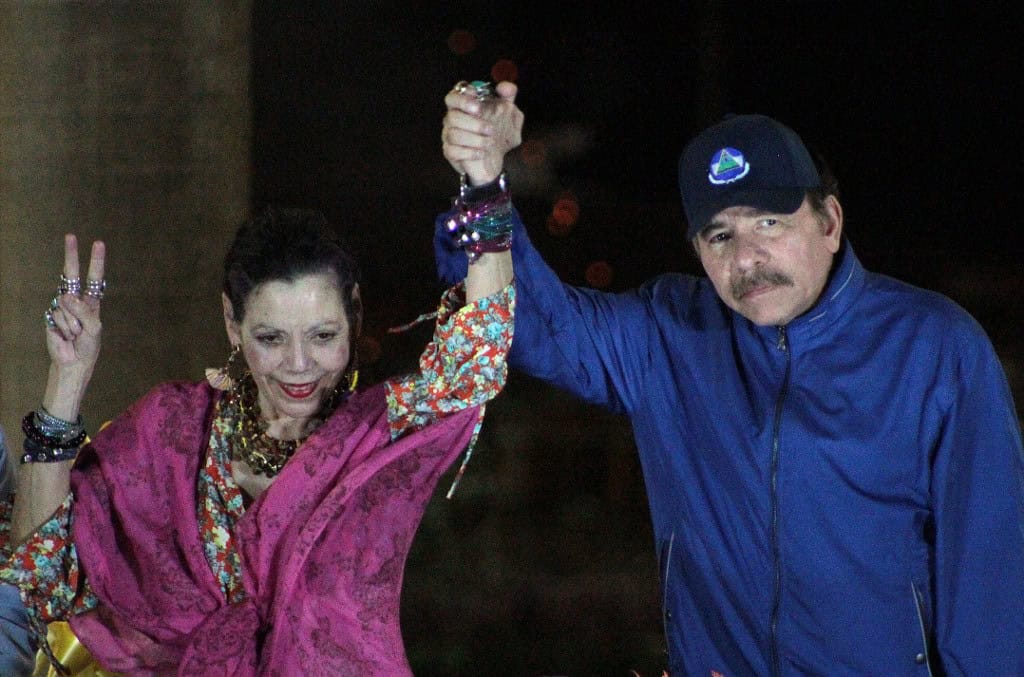The constitutional reform proposed by President Daniel Ortega in Nicaragua strikes at the heart of the state by creating the position of “co-president” for his wife, Rosario Murillo, eliminating the independence of government branches, undermining political pluralism, and increasing social control.
Key Elements of the Reform
The Succession Plan
Former guerrilla commander Dora María Téllez, now exiled in the United States, said the reform resolves the issue of succession by positioning Murillo, who has “long aspired” to be president, as Ortega’s direct successor. Ortega, who first governed Nicaragua during the 1980s after the Sandinista revolution, returned to power in 2007 and has ruled since, following controversial re-elections. Critics accuse him of establishing a dictatorship and engaging in nepotism.
The 79-year-old ex-revolutionary has expanded his family’s influence, governing alongside his wife, who began as his spokesperson before becoming vice president in 2017, and his children, who occupy key public positions and control pro-government media outlets.
“Daniel Ortega is handing over total power to Rosario Murillo, and they retain the authority to appoint a vice president—potentially one of their children,” Téllez said. Laureano Ortega Murillo, a 42-year-old presidential advisor, is widely seen as the heir apparent.
A New State
Salvador Marenco, a Nicaraguan human rights lawyer exiled in Costa Rica, argues that the reform merely formalizes a de facto dictatorship that has been in place for years. “Everything in this reform reflects what has already been happening in Nicaragua—a dictatorship in practice. The only new element is that it will now be enshrined in the Constitution,” Marenco said.
Exiled former judicial official Yader Morazán said the reform represents a profound reorganization of Nicaragua’s political and social structure. “In one stroke, Nicaragua becomes the North Korea of the Americas, and the co-dictator’s power is officially codified,” Morazán commented. The reform defines Nicaragua as a “revolutionary” and “socialist” state, officially adopting the red-and-black flag of the Sandinista National Liberation Front (FSLN) as a national symbol. Constitutional expert Azahálea Solís argues that this effectively excludes political projects of other ideologies.
The reform also tightens control over society, targeting the press, the Church, and economic entities. It institutionalizes measures like stripping Nicaraguans of their nationality, a move already used against 450 critics and opposition figures.
The Trump Effect
Ortega welcomed the U.S. elections on November 5 but has yet to comment on President-elect Donald Trump. Analysts predict that Trump’s administration, particularly with Senator Marco Rubio as a key figure, will apply greater pressure on Nicaragua, Cuba, and Venezuela.
“The reform is a desperate move, driven by the ‘Trump effect,’” said Arturo McFields, a former Ortega diplomat now exiled in the United States. Before Trump takes office, Ortega aims to secure his hold on power through the constitutional reform, McFields argued. Ortega has also introduced a law penalizing businesses and banks that enforce foreign sanctions, like those imposed by the United States on Nicaraguan officials and state entities.
Former legislator Eliseo Núñez believes Ortega is trying to pressure banks to advocate on his behalf to avoid economic collapse and a further surge in migration. “If the United States gives in, it would signal the end of effective sanctions not only in Nicaragua but globally,” Núñez said.






